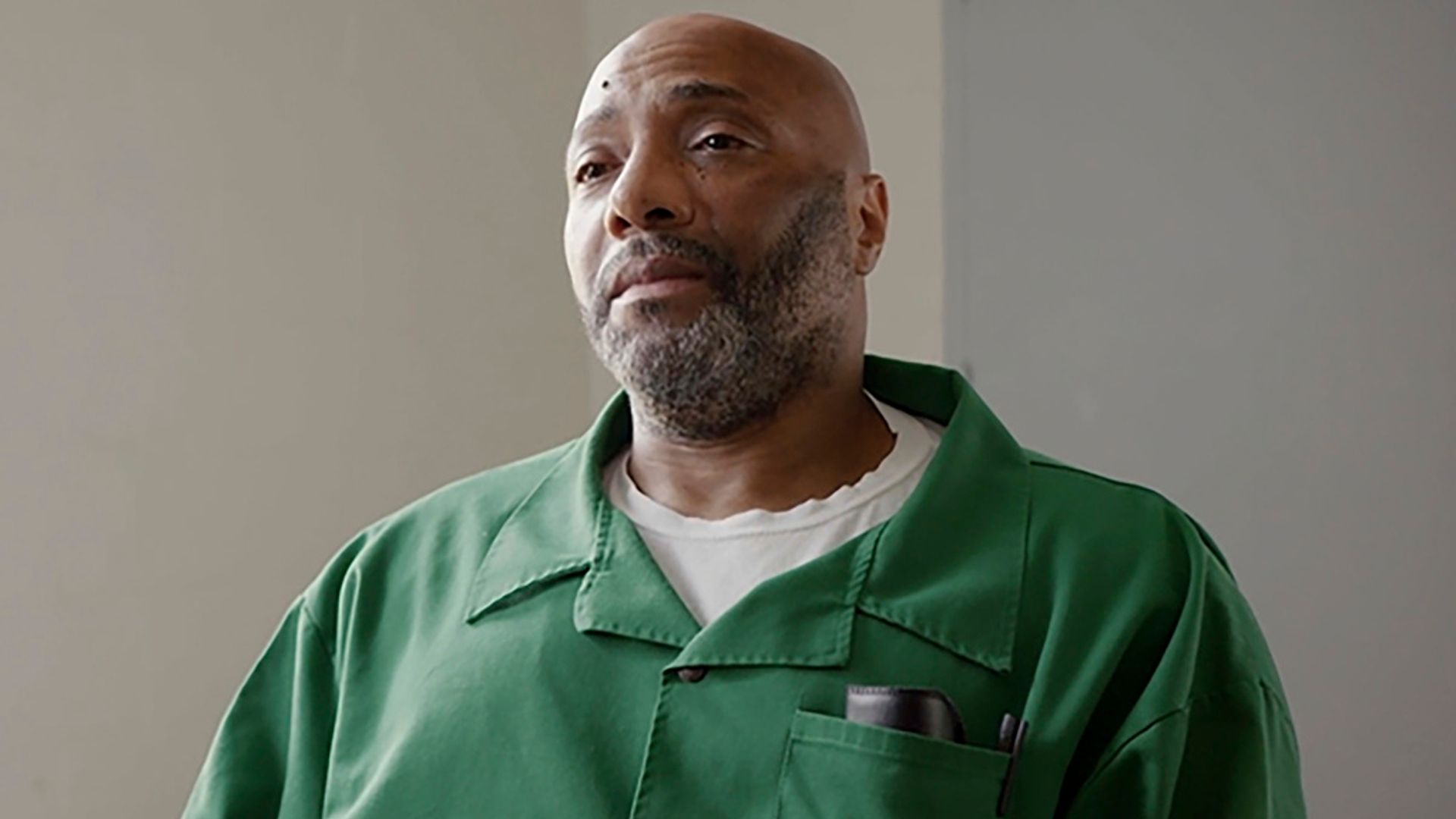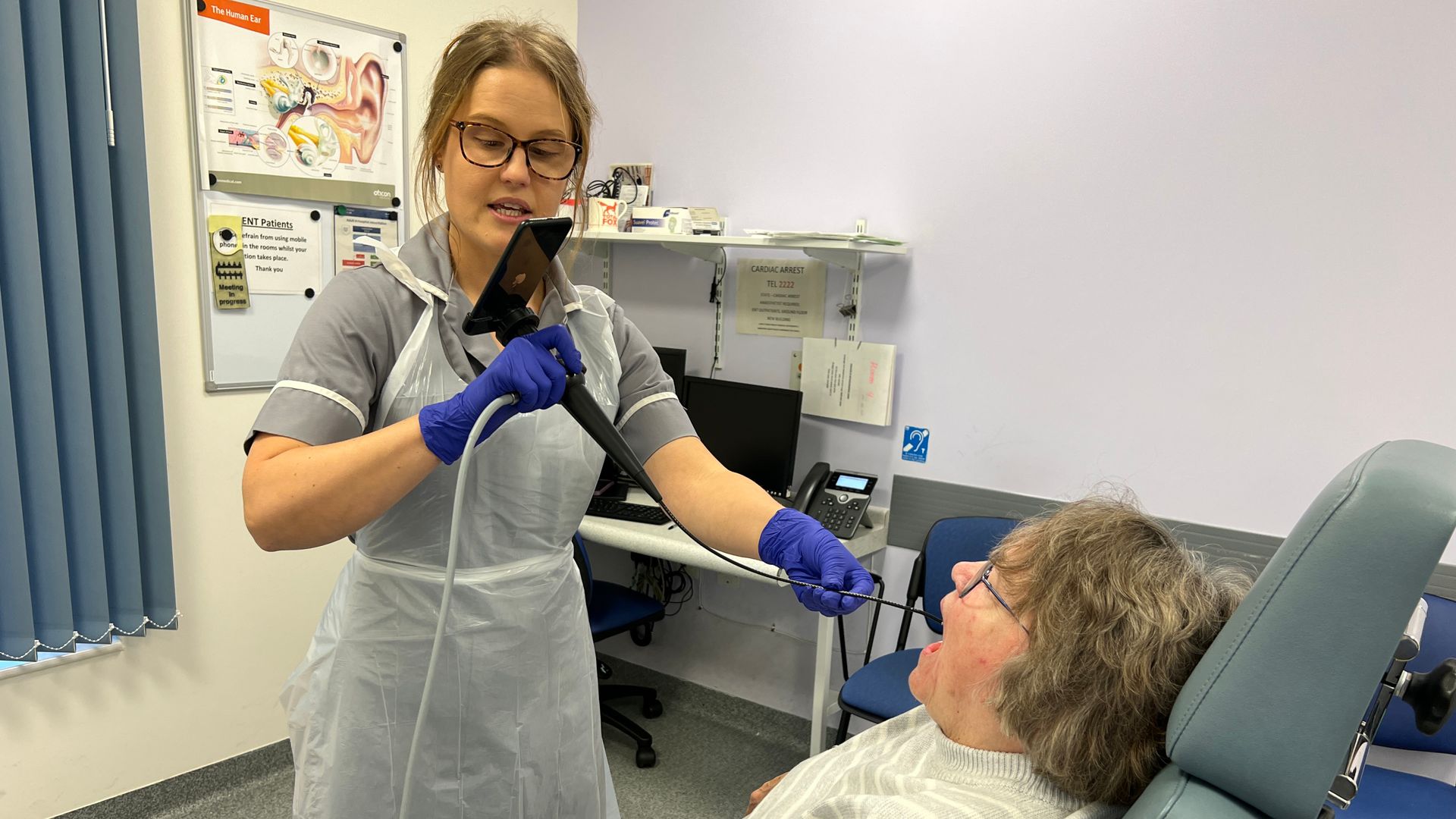
The BDN Opinion section operates independently and does not set newsroom policies or contribute to reporting or editing articles elsewhere in the newspaper or on bangordailynews.com.
Mike Myatt is the executive director of Bangor Housing Authority, which provides affordable housing opportunities and assistance to 1,200 low- and moderate-income households at 10 properties throughout the region.
This spring, a report by the John T. Gorman Foundation and Federal Reserve Bank of Boston, “The Importance of Wealth to Family Well-Being,” highlighted the critical role that financial assets play in helping families break the cycle of generational poverty.
To gain meaningful financial mobility and economic stability, the report said, families must be able to access appreciable assets like savings they can use to both invest in a brighter future — say by buying a home or paying for a college education — and draw from in emergencies.
Here at the Bangor Housing Authority, we have seen firsthand what a game-changer these appreciable assets can be for families. By enhancing a federal program called Family Self-Sufficiency, or FSS, we are creating pathways for families to build savings while they work toward education, career and personal goals. I’ve watched residents increase their earnings, move out of public housing, buy homes and reduce their reliance on public assistance at a pace that I haven’t seen before in my 25 years working in the field.
Of the 261 households that have enrolled in Bangor Housing Authority’s enhanced FSS program, the average family income rose more than 300 percent, from $750 per month to $3,050 per month during its five years in the program. More than 61 percent of the families reduced the amount of public assistance they needed or eliminated it altogether. Even more impressive: so far 24 participants have gone on to buy their own homes.
FSS works by restructuring the conventional relationship between income and the rental rates people pay to live in public housing. Typically, rental rates for public housing are based on income. As income rises, so do rental rates. Through FSS, as income rises, the money that would have gone toward a rent increase gets channeled into an escrow account, which can later be used to make a down payment on a home, pay down debt, or fund some other future opportunity. To access those savings, participants need to be working full time and be free of cash assistance welfare for 12 consecutive months.
While the escrow accounts are the cornerstone of the program, they’re only part of what has made FSS successful in Bangor. Participants have also been paired with coaches who help them set goals and access the education and job opportunities they need to work toward financial independence.
With the help of funding from the John T. Gorman Foundation, we have added other layers of support services for participants and their children, including an initiative called Moving Families Forward. In addition to coaching sessions for parents, we have provided access to Boys & Girls Club of Bangor services for their kids, a 14-week social and emotional skill development course for families, plus access to services from more than a dozen partner agencies, for everything from childcare to mental health counseling. The initiative has become a model of the “two-generation approach,” which seeks to address the needs of children and parents simultaneously.
FSS, paired with the support services of Moving Families Forward, has been so successful that we’re planning to further expand it next year, with the help of the Department of Housing and Urban Development, plus philanthropic support from the John T. Gorman Foundation and Peter Alfond Foundation. Along with the savings accounts and support services, we’ll be providing credit repair services, so that families can access more affordable financing rates on the road ahead.
In addition to helping families gain solid financial footing, and breaking the generational cycle of poverty, these programs have important spillover benefits for our economy and our communities. More people working higher-paying jobs translates to higher payroll taxes to fund government services and fewer people relying on public assistance to get by. And during this time when the affordable housing crisis has reached a fever pitch, more vacancies in public housing means a chance to create access to affordable housing for more people who need it.
We’re inspired by the powerful impact that these programs have had. And we know that this is just the beginning.









